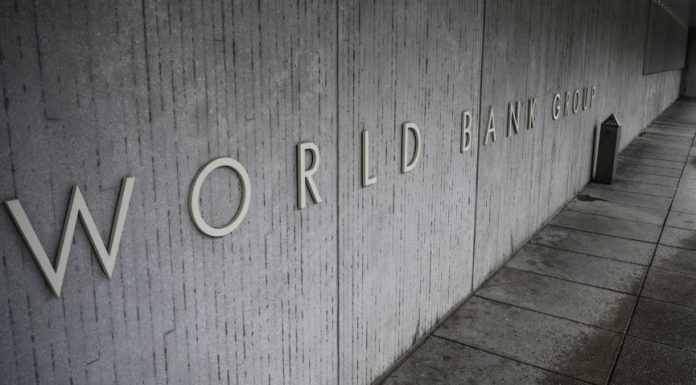JUBA – The World Bank’s latest economic analysis for South Sudan underscores the importance of investing in job creation as a means to promote stability and development in the country.
The fifth edition of the South Sudan Economic Monitor (SSEM), Toward a Jobs Agenda, shows that South Sudan’s economy is expected to grow by 1.2% in FY2021/22 after contracting by an estimated 5.4% in FY2020/21.
The report highlights that despite the expected growth, uncertainties persist, including those related to the peace process, oil sector developments, climatic shocks, and future path of the COVID-19 pandemic.
According to the report, young South Sudanese workers have reasonable expectations regarding jobs and are open-minded toward available activities, particularly in agriculture. Their keenness to take advantage and build from the limited opportunities available to them has significance for the achievement of both political stability and economic recovery.
“As a young graduate, I am unemployed for years now due to limited job opportunities available in the government, NGOs and the private sector. I have the willingness to venture into farming in my home village when given the opportunity but there is need for peace and stability guaranteed in those areas so that agriculture can thrive,” said Wani Elisa, a South Sudanese youth.
“I also request that our government and the development partners should at least invest in opening up rural roads to facilitate farmers and their products to the nearby markets to boost their livelihoods,” he added.
The report acknowledges that concurrent shocks such as armed conflict, natural disasters, and the COVID-19 pandemic have profoundly disrupted livelihoods, hence precipitating humanitarian crisis in South Sudan.
As authorities seek to consolidate peace, there is an opportunity to continue the road to a recovery. The report further notes that prioritizing jobs is key; economies that create job opportunities are more stable and investment projects that create jobs can also foster positive attitudes toward the peace process.
Looking ahead, the SSEM provides three policy recommendations to support job recovery and creation in South Sudan.
These include: the provision of inputs and assistance to producer groups; availing temporary income support through Labor Intensive Public Works (LIPW) programs or cash transfers; and facilitating the recovery of markets and rural-urban linkages, investments in rural feeder roads should be a high priority.
SOURCE SUDANS POST

